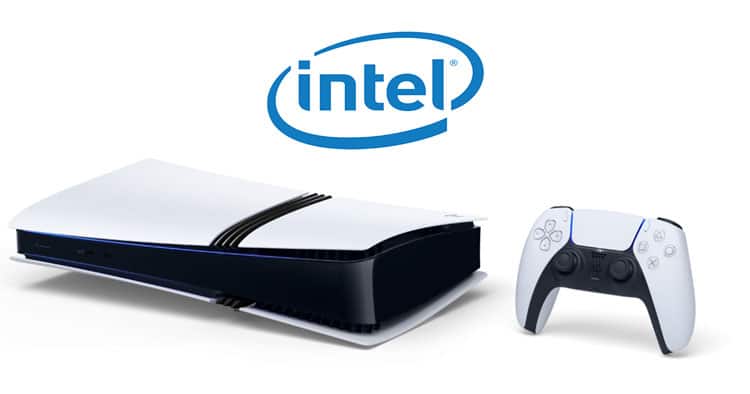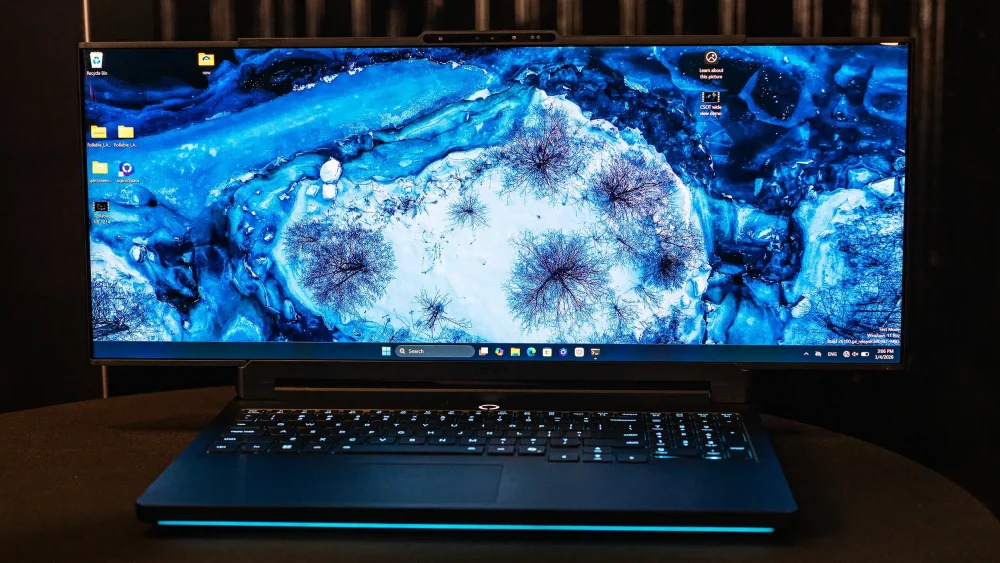Intel lost a crucial contract to design and manufacture the chip for Sony’s PlayStation 6 to AMD in 2022, a significant blow to the company’s ambitions in contract manufacturing. Intel’s push to secure the PlayStation 6 chip would have been a substantial victory for CEO Pat Gelsinger’s plan to revitalize Intel through its fledgling foundry business. According to insider sources, the contract, valued at an estimated $30 billion in revenue, slipped away due to disagreements over profit margins.
Competitive Bidding Process
Intel was one of the final two contenders for the chip design and manufacturing role alongside Advanced Micro Devices (AMD). Winning the contract would have allowed Intel to fabricate thousands of silicon wafers per month, bringing steady revenue through Sony’s expected sale of over 100 million PlayStation 6 units across five years. This consistent business could have bolstered Intel’s foundry ambitions, a division launched to compete against significant chipmakers like Taiwan Semiconductor Manufacturing Co. (TSMC).
Internal Struggles and Missed Margins
Intel’s failure to secure the deal reportedly stemmed from a dispute over profit margins, as Intel executives were unwilling to settle on terms that Sony considered favorable. Despite months of talks between Intel and Sony, including involvement from their respective CEOs and engineers, AMD ultimately secured the contract.
Backward Compatibility Concerns
One of the key challenges Intel faced was ensuring backward compatibility with PlayStation 5 titles, a critical feature for Sony’s loyal fanbase. Switching from AMD to Intel could have risked compatibility, an issue that required significant engineering resources and was a point of contention during negotiations.
Strategic Impact for Intel
This loss has broader implications for Intel, which has struggled to land marquee customers for its 18A process technology. Gelsinger’s foundry unit was intended to position Intel as a significant player in chip manufacturing, but internal challenges, including a $7 billion operating loss in 2023, suggest a difficult road ahead.
Additionally, the departure of high-profile Intel board member Lip-Bu Tan over disagreements about the company’s future has compounded Intel’s challenges as executives debate the future of specific units, including a potential sale of its programmable chip unit, Altera.
AMD’s Win and the Future of PlayStation
AMD’s victory in securing the PlayStation 6 contract cements its position as a dominant player in console chip design. With Sony’s PlayStation 5 powered by AMD’s custom chips, continuing the partnership ensures seamless compatibility with previous PlayStation titles. For Intel, this represents a missed opportunity to break into a lucrative, steady revenue stream, further exacerbating its current struggles in both design and manufacturing.
In the wake of this loss, Intel faces a challenging path to attract new clients, particularly in a competitive landscape dominated by Nvidia and AMD, who have capitalized on the AI boom.


